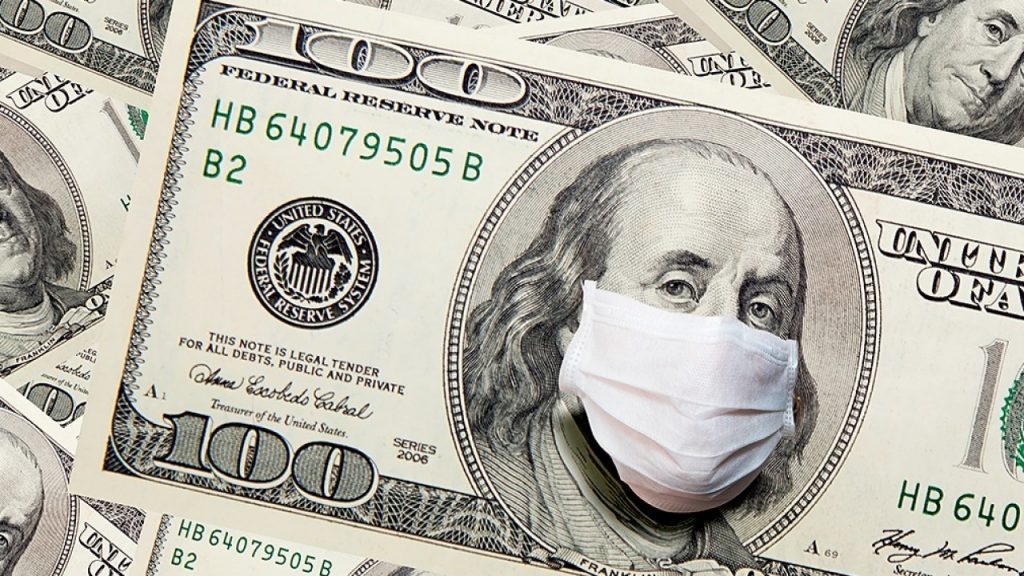Dr Sarah Zubairy Weighs in on the COVID-19 Stimulus Check Debate
As the government continues to debate stimulus checks in response to COVID-19, Sarah Zubairy, an associate professor of economics, explains arguments for and against the proposed bill.


Sarah Zubairy explains both sides of the COVID-19 stimulus check argument using her expertise as an associate professor of economics.
President Joe Biden has proposed a $1.9 trillion stimulus plan to offer relief from COVID-19. So far, the plan has stimulated debate and controversy on both sides of the political spectrum over stimulus checks, a key part of the plan’s economic relief for those hit hardest by the pandemic.
According to The New York Times, Biden’s stimulus plan would grant all households making under $75,000 a $1,400 stimulus check. An additional $1,400 would be granted for every dependent in a household. Under these guidelines, a typical family with two parents and three children could receive $4,600.
Those who oppose the bill argue that the plan is poorly structured and will do more harm than good for the American economy. Those in support of the bill argue that stimulus checks are necessary for Americans who’ve struggled since the beginning of the pandemic.
Associate professor of economics, Sarah Zubairy explained that even as debates get heated, both sides agree on a few things.
“Almost everyone on both sides of the aisle agrees that given where we are economically, we need to provide more support to the economy,” Zubairy said. “The stimulus checks are part of that economic support given that the economy is still not in a great state and COVID-19 case numbers remain high and this vaccination process is still in its initial stages. However, where we can disagree is who gets those checks and what is the amount.”
With close to one million people making claims of initial unemployment each week, those in favor of the stimulus checks portion of the plan argue that this money is necessary for households struggling in the ongoing pandemic.
“Job loss is an issue for a lot of people as well as high poverty levels and child hunger,” Zubairy said. “These issues can be dealt with using targeted plans like food benefits and child tax credits, which are also proposed in this major act by President Biden. But, given where the economy is and since the rebound has decelerated, it would be helpful for people to have this additional supplementary income, particularly in the case of those unemployed or working fewer hours than usual.”
While those in favor claim the checks could boost the economy, the opposition argues that the checks would do the opposite. Some economists worry that this large infusion of cash in the economy along with savings from earlier rounds of stimulus checks could lead to inflation down the line.
“One traditional way to stimulate the economy is to send out a check so that everybody goes out and spends it as a consumer,” Zubairy explained. “This channel is somewhat missing when it comes to the middle or higher income groups because they have limited opportunities to consume, given the pandemic. In addition, we’ve already had a couple of large fiscal packages with the $2.2 trillion CARES Act in March, and the additional $900 billion relief in December. So this proposal of $1.9 trillion dollars is staggering because people are concerned about rising federal debt.”
As an expert in this area, Zubairy has formed her own opinion on the debate.
“I support the stimulus checks, particularly for lower income households,” Zubairy said. “Given that the economy has not recovered, the evidence that they helped prevent families from losing their homes earlier in this pandemic, and they were maybe one of the most successful aspects of the CARES Act in March, I think they should pass this bill, especially with more targeted income thresholds.”
The stimulus check proposal has undoubtedly caused much debate and speculation. Regardless of which side of the argument we’re on, Biden’s stimulus plan provides monetary support for more than just stimulus checks. As Zubairy pointed out, the fate of the overall bill affects all of us.
“This $1.9 trillion program is a comprehensive bill that has a lot of different components in it and a big chunk of it is for dealing with coronavirus, including testing and vaccine dissemination, and sending aid to state and local governments,” Zubairy said. “So in general, this bill is going to have a long lasting impact in determining how we move forward.”
